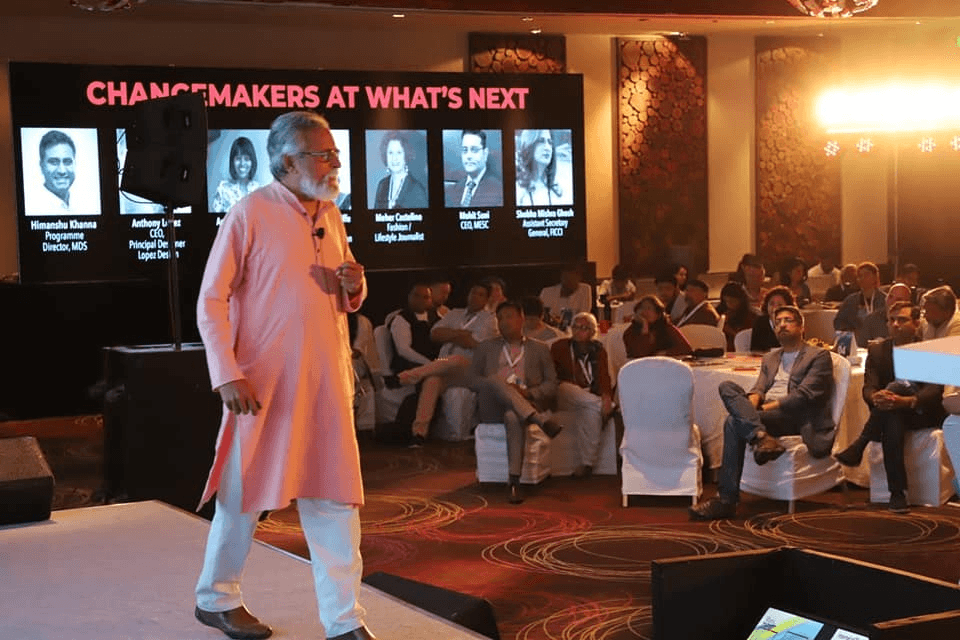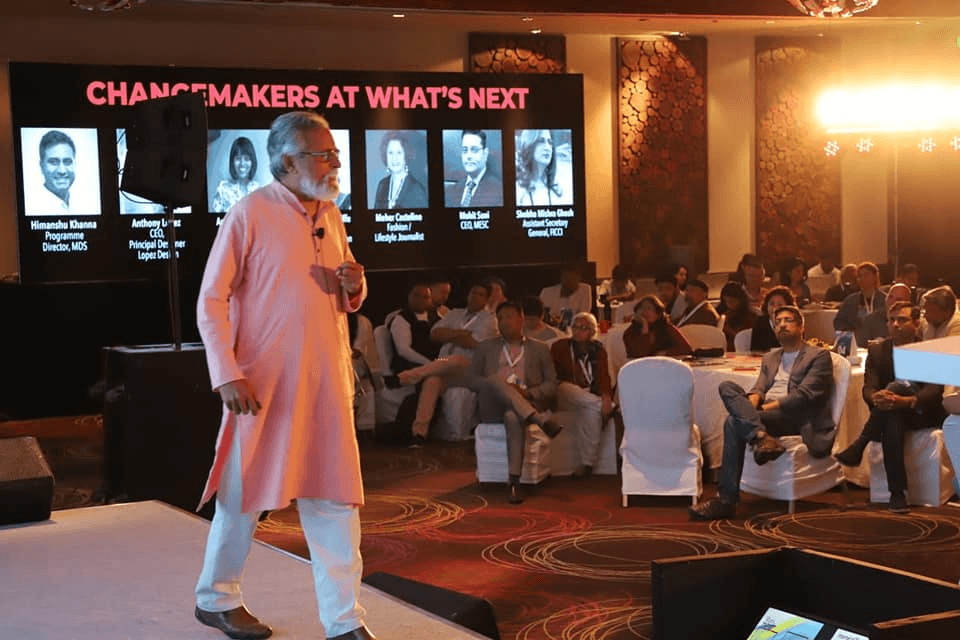
Identifying and Addressing The Urgent Matters Plaguing The World
In today’s modern era, we are growing by leaps and bounds in the fields of technology and automation. In the midst of this process, we have failed to notice or act upon the pressing matters we have been ignoring. It is of utmost importance that we as citizens of our country plan implement creative projects to prevent situations of crisis relating to sustainability, climate change, and equality & social justice. The What’s Next event held by Pearl Academy in Mumbai, aimed at providing a platform for a healthy debate and discussion regarding how we as a young generation can help address and subsequently solve these problems which could potentially change the world we live in.

An important aspect hampering the Indian rural economy and livelihood is the decreasing popularity of small artisans and craftsmen. Artisans are the lifeline of India’s non-farm rural economy, specialising in craft production to earn a living. However, due to loss of markets, plummeting skills and difficulty catering to modern tastes, the number of Indian artisans has been rapidly fallen. Re-investment in India’s craftsmen would be beneficial for a number of reasons – to safeguard history, culture and maintain an important source of livelihood. Professor Chatterjee, one of the keynote speakers at What’s Next threw some light on this escalating matter. He said, ‘One thing that we lost along with the craft industry is the values of the society. That reminded me of a slogan which has immersed from the European Union which was two years before this conference and that the Future is handmade. Now this doesn’t mean that Europe was eliminating factories this just means that Europe is trying to bring back its traditions of craftsmanship.’
It is clear we as Indians have a lot to do to ensure a safe and sound future for our generation to live in. Phenomena such as Urban Sustainability and Climate Change do require strong attention. Millennials have built a reputation of being the most eco-caring/friendly generation and must live up to their reputation to build a sustainable #WhatsNext.
